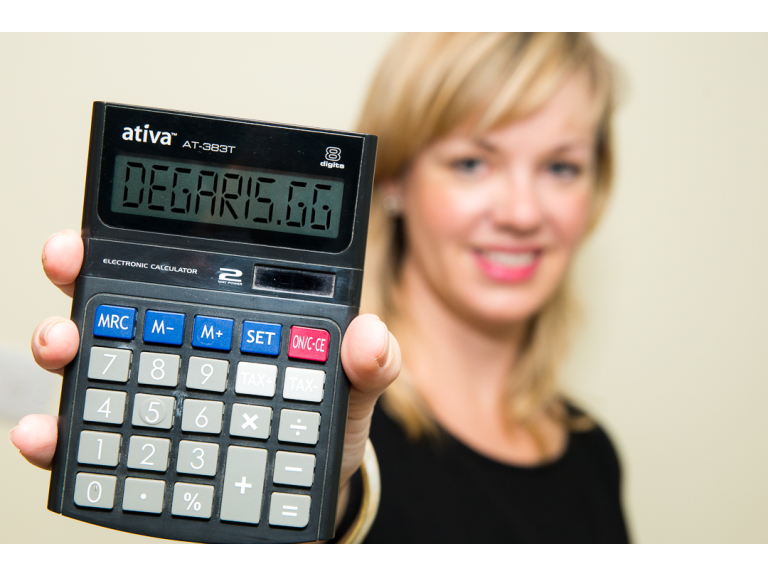One of thebestof Guernsey's newest members, de garis accounting, gives business owners and start ups some great New Year tips on how to manage their business better in 2015.
de garis accounting tip #1
Do you need a bookkeeper or an accountant?
Actually it's a trick question because you may need both!
An accountant can analyse the big picture of your financial situation and offer strategic advice. He or she produces key financial documents, such as a profit-and-loss statement and files a company's taxes.
An accountant can also act as an outsourced finance director, advising on financial strategies, providing key financial analysis like forecasts and product costings.
In contrast, a bookkeeper does the day-to-day hands-on tasks eg. paying bills, tracking company expenses and making sure every cost has been entered - and recorded correctly - into software like QuickBooks. This ensures the business is then ready for tax time along with filing any other reporting to, say, creditors or investors.
de garis accounting tip#2
Plan for major expenses
Why it's helpful: You're less likely to miss business opportunities or have to scramble for a loan when the expenses become unavoidable.
What to do: Put events like a major computer upgrade on the calendar a year in advance or, ideally, three to five years ahead. Acknowledge the seasonal ups and downs, something many business owners and self-employed are reluctant to do.
You'll avoid taking money out of the company during the flush periods only to find yourself short in the slower months, when costly projects like upgrading computers or replacing equipment or vehicles usually happen.
And don’t forget an accountant can analyse the big picture of your financial situation and offer strategic advice.
de garis accounting tip#3
Track expenses
A great New Year's resolution for those that run their own business is to make sure you track expenses.
Why it’s helpful: You must bookkeep all your business expenses as these are tax deductable.
By tracking how much you spend you may be able to better negotiate discounts and recognise where your business spends money, enabling you to understand what parts of your business are most profitable and if any cost savings can be identified.
What to do: A credit or debit card used solely for business can be a basic accounting system. Ring fence your business expenses from personal expenses to assist with tracking. When you do spend cash make sure you routinely keep a note in your phone (or straight into your cloud accounting app!) or similar. This habit can go a long way toward substantiating those items for your tax records in the event of an audit.
If you want a free consultation please contact me
diane@degaris.gg www.degaris.gg



